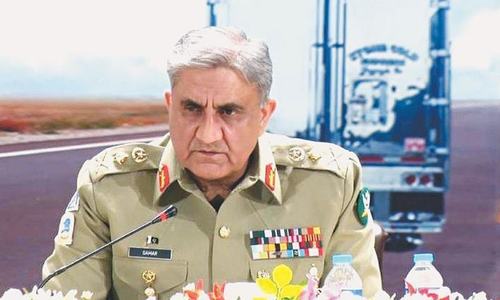China's president in India for summit amid Kashmir tensions

Chinese President Xi Jinping arrived in India on Friday for a summit with Prime Minister Narendra Modi at a time of tensions over Beijing joining Pakistan in opposing India’s downgrading of occupied Kashmir’s autonomy and the ongoing lockdown in the disputed region.
Xi landed at the Chennai airport, where Tamil Nadu state Governor Banwarilal Purohit greeted him with a bouquet as a cultural group beat drums and blew horns.
India’s foreign ministry said Xi and Modi will meet at the seaside temple town of Mamallapuram for talks on regional and global developments later Friday and Saturday.
Their one-to-one meeting in Wuhan in China in April last year also was preceded by tensions caused by a 10-week standoff between their armed forces on the Bhutan border.
China claims some 90,000 square kilometers (35,000 square miles) of territory in India’s northeast, while India says China occupies 38,000 square kilometers (15,000 square miles) of its territory on the Aksai Chin Plateau in the western Himalayas. Officials have met at least 20 times to discuss the competing border claims without making significant progress.
The two countries fought a bloody border war in 1962.
India also is concerned about China’s moves to build strategic and economic ties with its neighbors Sri Lanka, Nepal, Bangladesh and the Maldives.
Tensions in occupied Kashmir have escalated since August, when India downgraded its autonomy and imposed a security and communications lockdown.
China supported Pakistan in raising India’s actions at the UN General Assembly meeting in New York. China said India should not act unilaterally on Kashmir.
Xi arrived two days after hosting Prime Minister Imran Khan in Beijing.
India insists that Jammu and Kashmir is an integral part of India. “China is well aware of our position. It is not for other countries to comment on the internal affairs of India,” India’s External Affairs Ministry said in a statement on Wednesday.
Lalit Mansingh, a former Indian ambassador to the United States, said he expected an overview of bilateral relations between the two leaders and “giving instructions on how the relationship should proceed.”
He said the diplomatic damage the Chinese inflicted over India’s action in Kashmir has been done.
China for its part resents India’s hosting the exiled Tibetan spiritual leader the Dalai Lama.
China says Tibet has been part of its territory for centuries, although many Tibetans say they were essentially independent for most of that time. Communist troops took control of the region in 1950 after a brief military struggle.













































